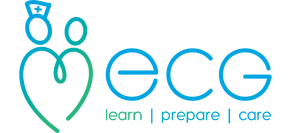As you will almost certainly know, we are currently facing the global pandemic of the Covid-19 virus. As the NHS prepares to take on huge new pressures from Covid-19, significant changes are already being made. Staff are being redeployed to help with the imminent pressures; speciality clinicians/healthcare professionals are moving into acute medical wards and retired staff are being asked to return to the front line.
As we work together in such a time, human factors are at the forefront of patient care. Human factors describe the interrelationship between individuals, the task at hand and the workplace. Leadership, teamwork, communication, decision making, fatigue, situational awareness and the work environment are all important human factors. Human factors are essential for patient safety – for example, effective communication between healthcare professionals is essential to ensure the best possible care and the avoidance of mistakes.
It is likely that NHS workers may find themselves working in different areas, with unknown colleagues, with difficult rotas and generally working under pressures that have not been previously experienced. Human factors; in particular teamworking behaviours, may have a huge impact on the effectiveness of these new set-ups.
I have been passionate for a long time about the impact of civility on healthcare teams and patients (if you are too, I suggest you follow the group @CivilitySavesLives on twitter). I felt inspired after watching a TedTalk by Dr Chris Turner and relating so strongly to my own personal experiences working in the NHS. I now deliver courses in Conflict Resolution in my role as a Clinical Trainer with ECG Training, and hugely enjoy teaching healthcare professionals how simple actions can significantly reduce the incidence or severity of unproductive workplace conflicts.
I have seen first-hand the impact of civility (or a lack of it) on patient care, and the same can be said by anyone who has worked in the NHS. Raised tempers and rudeness have a hugely negative impact on the individuals involved, their teams, witnesses to those events and ultimately their patients. The Civility Saves Lives group reports that when someone is rude, 80% of recipients lose time worrying about the rudeness, 25% take it out on service users and shockingly, those who only witness rudeness (not even being directly involved) will have a 20% decrease in performance.
Yet kindness, understanding and civility – as simple as they sound, are absolutely vital in the fight against Covid-19. Fortunately, they are available in abundance amongst our fantastic NHS workforce. Showing understanding towards new colleagues and acting with professionalism in the face of a challenging environment can keep morale high and the focus where it should be, on the patients. Civility helps ensure you are approachable when colleagues are not sure on the best action for their patient. It strengthens teams and ultimately, saves lives.

But the importance of human factors, civility and kindness go beyond healthcare – we all have a role to play. An obvious example is the current panic buying resulting in shortages on the shelves, and the subsequent result of vulnerable individuals being left without basic supplies. Following social distancing advice, buying just what you need and considering how you can provide support for the community around you can make a huge impact. We all have a role to play.
At ECG Training, we want to help support everyone who needs it during this time. If you are a healthcare professional and would like to brush up on any clinical skills, we have a vast catalogue of online courses available. Popular courses include clinical assessment skills, 12 lead ECG recording and interpretation, phlebotomy, cannulation, BLS, anaphylaxis and conflict resolution. If you require any bespoke training, please do contact us.
Written by Sarah Hope (ECG Clinical Trainer & HealthCare Science Practitioner in Cardiac Science) ), Tuesday 24th March 2020
Follow me at: https://twitter.com/ECGSarah

